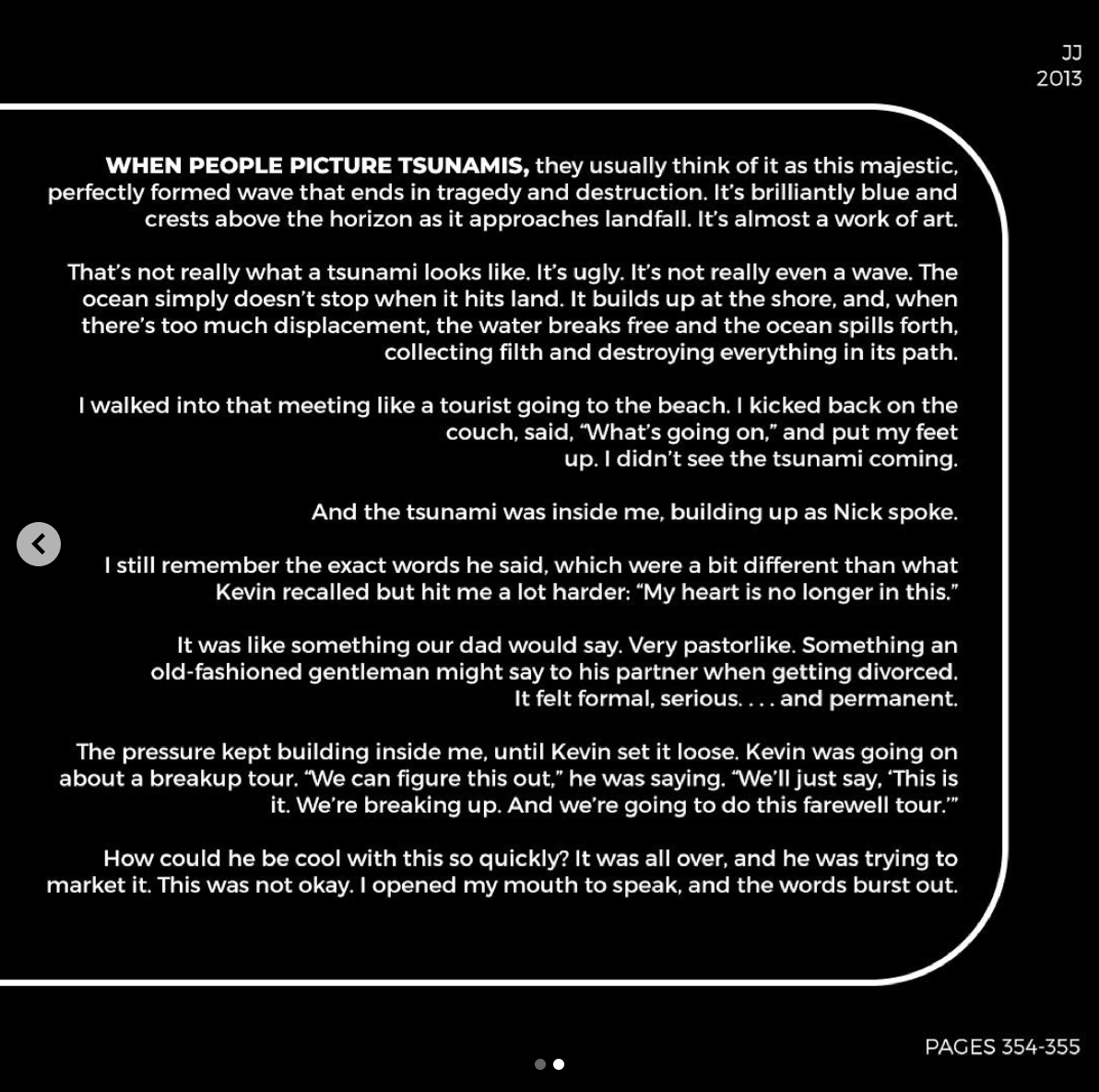Revised Italian Law: Citizenship Via Great-Grandparents Explained

Table of Contents
Eligibility Requirements Under the New Law
The revised Italian citizenship law, based on the principle of jus sanguinis (right of blood), allows individuals to claim Italian citizenship if they can prove an unbroken lineage to an Italian citizen grandparent or great-grandparent. This means demonstrating a continuous and documented family line connecting you to your Italian ancestor.
Proving this unbroken lineage is crucial. Each generation must be meticulously documented, showcasing the birth, marriage, and death records to establish the direct link. The Italian citizen great-grandparent's citizenship must also be definitively proven.
The required documentation typically includes:
- Birth certificates: For each generation, including the great-grandparent, parent, and yourself. These certificates must be translated into Italian and legalized/apostilled.
- Marriage certificates: For each generation, demonstrating the marital links in the family tree. These too need Italian translation and legalization/apostille.
- Death certificates: While not always strictly required, death certificates can provide supporting evidence and streamline the process. Again, translation and legalization/apostille are necessary.
Key Requirements:
- Uninterrupted lineage: Every link in the chain of ancestry must be clearly documented. Missing records can significantly hinder the process.
- Proof of Italian citizenship of the great-grandparent: This usually involves obtaining a certified copy of the great-grandparent's birth certificate or other official documentation proving their Italian citizenship.
- Specific requirements for documentation: Original documents or certified copies are usually necessary; photocopies are typically insufficient.
- Potential challenges in obtaining documentation: Older records might be damaged, missing, or difficult to locate, particularly if your ancestors emigrated long ago.
The Process of Applying for Citizenship
Applying for Italian citizenship through great-grandparents is a multi-step process. It starts with meticulous documentation gathering, followed by form completion and submission to the appropriate authority.
The application can be submitted to either the relevant Italian consulate in your country of residence or directly to the Comune (municipality) in Italy where your ancestor was born. The processing time varies significantly depending on the consulate or municipality's workload and the complexity of the application.
Steps in the Application Process:
- Gathering necessary documentation: This is the most time-consuming step, requiring extensive genealogical research.
- Completing the application form: The application forms can be lengthy and complex; ensure accuracy is paramount.
- Submitting the application to the relevant authority: Follow the specific instructions provided by the consulate or Comune.
- Following up on the application status: Regularly check on the status to avoid delays.
- Potential delays and appeals process: Be prepared for potential delays and understand the appeals process if your application is rejected. There are fees associated with the application and potential legal representation.
Common Challenges and Pitfalls
Navigating the Italian citizenship application process can present challenges. One of the most common problems is locating necessary historical records. Incomplete or inaccurate documentation can lead to application rejection. Understanding the specific requirements of the law and the intricate bureaucratic procedures is also crucial.
Potential Roadblocks:
- Difficulties in locating historical records: Records may be fragmented, lost, or inaccessible due to their age or location.
- Incorrect or incomplete documentation: Even minor errors can cause significant delays or rejection.
- Understanding the specific requirements of the law: The laws are complex, and misinterpretations are easily made.
- Navigating bureaucratic procedures: Italian bureaucracy can be challenging for those unfamiliar with the system.
Seeking Professional Assistance for Italian Citizenship
Given the complexities of the law and the potential pitfalls, seeking assistance from an experienced immigration lawyer or specialist in Italian citizenship is highly recommended. Their expertise can significantly increase the chances of a successful application. They can guide you through the process, assist with documentation gathering, ensure compliance with the law, and even represent you in case of appeals. The cost of professional assistance is often offset by avoiding costly mistakes and delays.
Benefits of Professional Assistance:
- Expertise in Italian citizenship law: Lawyers specializing in this area have in-depth knowledge of the legal requirements and procedures.
- Assistance with documentation gathering: They can help locate and obtain the necessary documents efficiently.
- Guidance on navigating the application process: They provide expert advice and support throughout the entire process.
- Representation in case of appeals: If your application is rejected, they can represent you in appeals.
Secure Your Italian Citizenship – Act Now!
Obtaining Italian citizenship through great-grandparents requires diligent preparation and attention to detail. Accurate documentation is paramount, and professional assistance can significantly improve your chances of success. Remember to explore your Italian heritage and consider the potential benefits of dual citizenship, including travel privileges and cultural connection. Begin your journey to Italian citizenship today! Contact a specialist to learn more about obtaining Italian citizenship via your great-grandparents and explore your eligibility. Don't delay; start your journey to securing your Italian citizenship today!

Featured Posts
-
 Poraka Od Ronaldo Do Kho Lund Po Kopiranjeto Na Negovata Proslava
May 23, 2025
Poraka Od Ronaldo Do Kho Lund Po Kopiranjeto Na Negovata Proslava
May 23, 2025 -
 Actor Neal Mc Donoughs Intense Bull Riding Training
May 23, 2025
Actor Neal Mc Donoughs Intense Bull Riding Training
May 23, 2025 -
 Cambridge And Somerville Events Viva Central Hot Sauce Festival And Open Studios
May 23, 2025
Cambridge And Somerville Events Viva Central Hot Sauce Festival And Open Studios
May 23, 2025 -
 Joe Jonas Responds To Couple Arguing Over Him
May 23, 2025
Joe Jonas Responds To Couple Arguing Over Him
May 23, 2025 -
 New Business Hot Spots Across The Country A Geographic Analysis
May 23, 2025
New Business Hot Spots Across The Country A Geographic Analysis
May 23, 2025
